Cells living in aggregates can perform more complex tasks than individual cells, but they also face key challenges as they have less access to space and nutrients. Tumors, like the healthy tissues they disrupt, must balance these physical forces and effectively distribute metabolites to continue to grow. Dr. Klumpe [Merck Fellow] will use yeast as a simplified model of cell aggregation to engineer diverse aggregates and observe their growth and maintenance over many generations. Understanding how certain properties of an aggregate affect its long-term stability can shed light on "design principles" that underlie the persistence of tumors, as well as what stabilizes other multicellular structures, such as healthy tissue and biomaterials. Dr. Klumpe received her PhD from the California Institute of Technology and her BS/BA from North Carolina State University.
All Cancers
Current Projects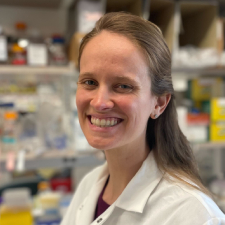
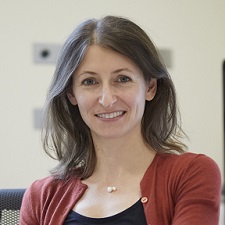
Cancer cells rely on efficient uptake, conversion, and exchange of nutrients and vitamins to support their rapid growth and survival. The molecular transport channels that allow passage of nutrients between the different cellular compartments are critical for the survival of cancer cells and are thus promising as potential drug targets. However, drug discovery efforts are hampered by a lack of basic understanding of these channels' identities, functions, and regulation inside cancer cells. Dr. Kory's research aims to identify transporters central to cancer cell nutrient supply and detoxification pathways and determine their role in the emergence, survival, and aggressiveness of cancer. Her research is relevant to all cancers, but particularly pediatric, blood, and breast cancers.
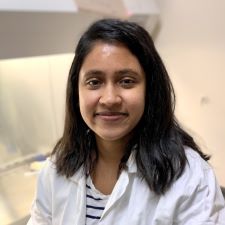
Cancer initiation and progression stems from cell division errors that promote chromosome breakage and accumulation of mutations. Dr. Krishnamoorthy [HHMI Fellow] will use cutting-edge, cross-disciplinary approaches to provide insights into the fundamental question of how cell division shapes the cancer genome. Understanding the mechanisms of cancer genome complexity will help identify better diagnostics and treatments for cancers linked with high levels of genome alterations. Dr. Krishnamoorthy received her PhD from Vanderbilt University, Nashville and her MS from Middle Tennessee State University, Murfreesboro and her BS from PES Institute of Technology, Bangalore.
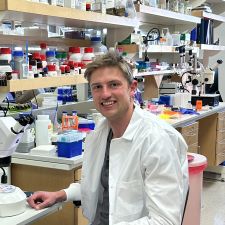
In both embryonic development and disease, the same genetic mutation can lead to highly variable outcomes in different individuals. Dr. Lammers aims to shed light on the drivers of this nongenetic variability using the developing zebrafish embryo as a model system. By combining fluorescence microscopy and single-cell sequencing, he will test whether subtle differences in gene expression within individual cells can explain why some embryos with a given genetic mutation survive to adulthood, while others perish within the first 24 hours of their development. His findings will provide a quantitative foundation for understanding the genetic and molecular basis of cancer outcomes in human patients where, for instance, tumors with the same underlying mutations often exhibit dramatically different disease courses.
Dr. Lammers will train Variational Autoencoders to learn low-dimensional latent space representations of whole-embryo transcriptomes and grayscale images depicting embryonic morphology. He will then train a third neural network to translate from transcriptional latent space to morphological latent space. Together, these three networks will comprise a new computational method, morphSeq, that takes single-cell transcriptomes of mutant and wildtype embryos as input and produces predictions for corresponding embryo morphologies as its output.
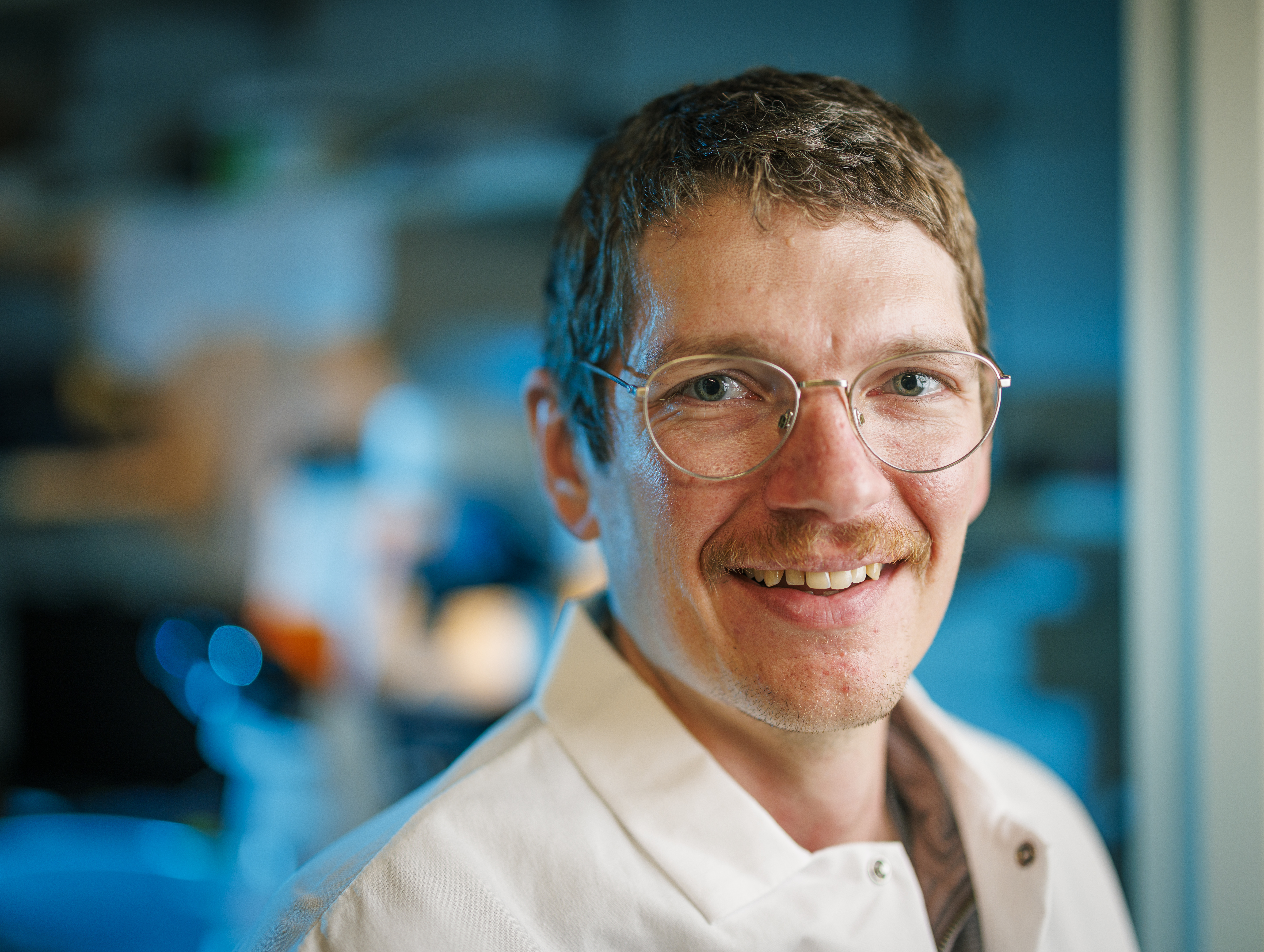
Dr. Lapointe examines how the synthesis of proteins (translation) is controlled, as dysregulated translation is a ubiquitous feature of cancer. He is focused on a key challenge: how regulation that originates at the end of a messenger RNA (mRNA, a genetic molecule that encodes a protein) impacts the start of translation, which occurs near the beginning of the mRNA. His goal is to reveal and analyze dynamic pathways that underlie this fundamental mechanism to control gene expression. Using an integrated approach of single-molecule fluorescence microscopy, structural, and biochemical strategies, this research should yield generalizable insights into how translation is precisely regulated and how it is disrupted in a wide array of cancers.
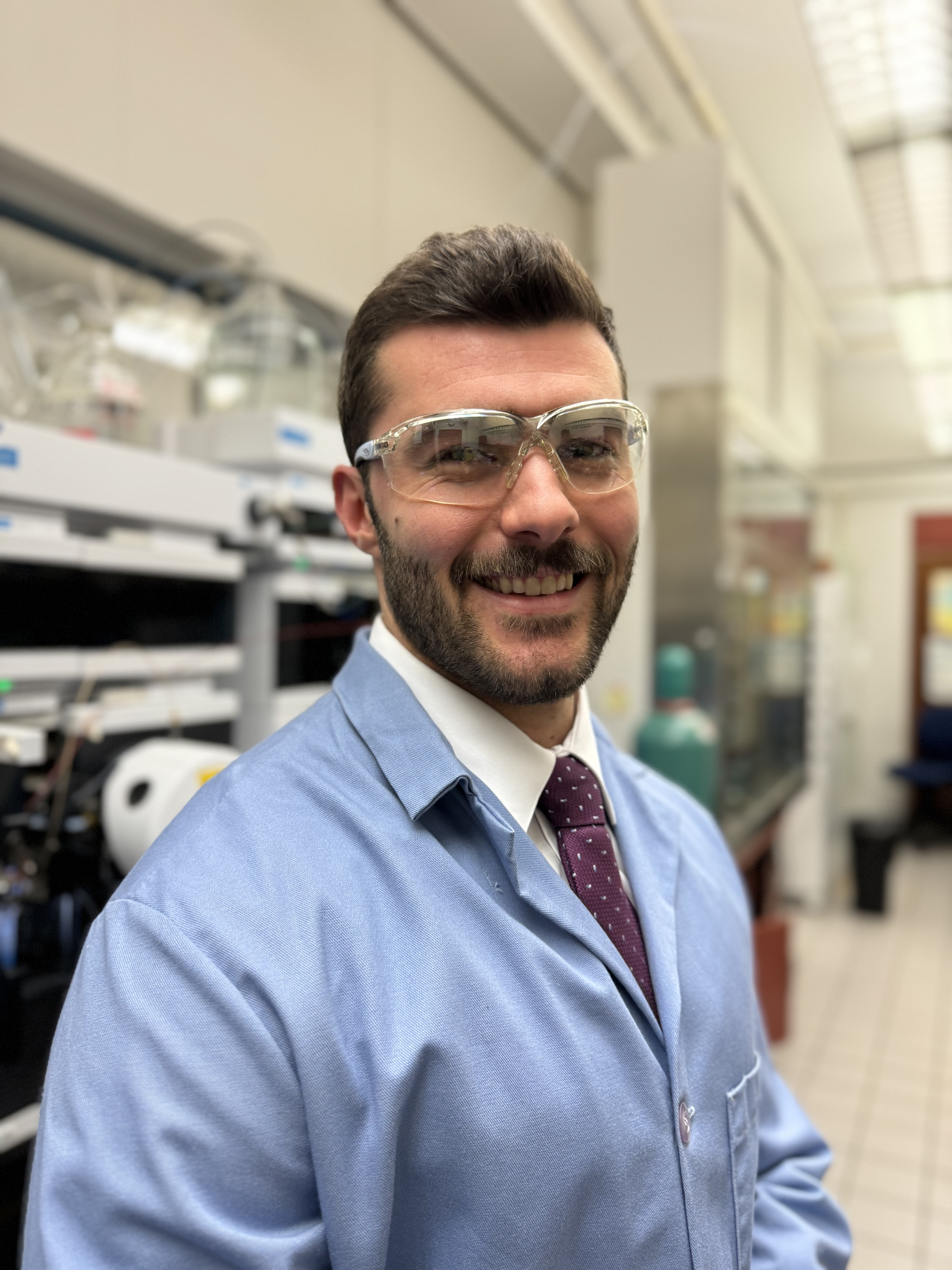
Sugar molecules on the surface of cells can be arranged in many different patterns, and it is the exact structure of a sugar that gives it its unique function. In sugars on the surface of cancer cells, the location of sulfate (SO4-) groups changes as the tumor grows and spreads. The study of sulfated sugars has been stymied, however, by the difficulty of synthesizing them in the laboratory. Dr. LaPorte’s [Timmerman Traverse Fellow] research aims to remove this roadblock by developing a chemical reaction that easily constructs biologically important sugars with a sulfate group bound to them. These sulfated sugars will then be used to test how specific sulfation patterns affect their interaction with other biological proteins. The results of these experiments will lay the groundwork for new cancer treatments that use complicated sugar structures to selectively target cancer cells without harming healthy cells. Dr. LaPorte received his PhD from University of Illinois, Urbana-Champaign, Champaign and his BS from North Central College, Naperville.
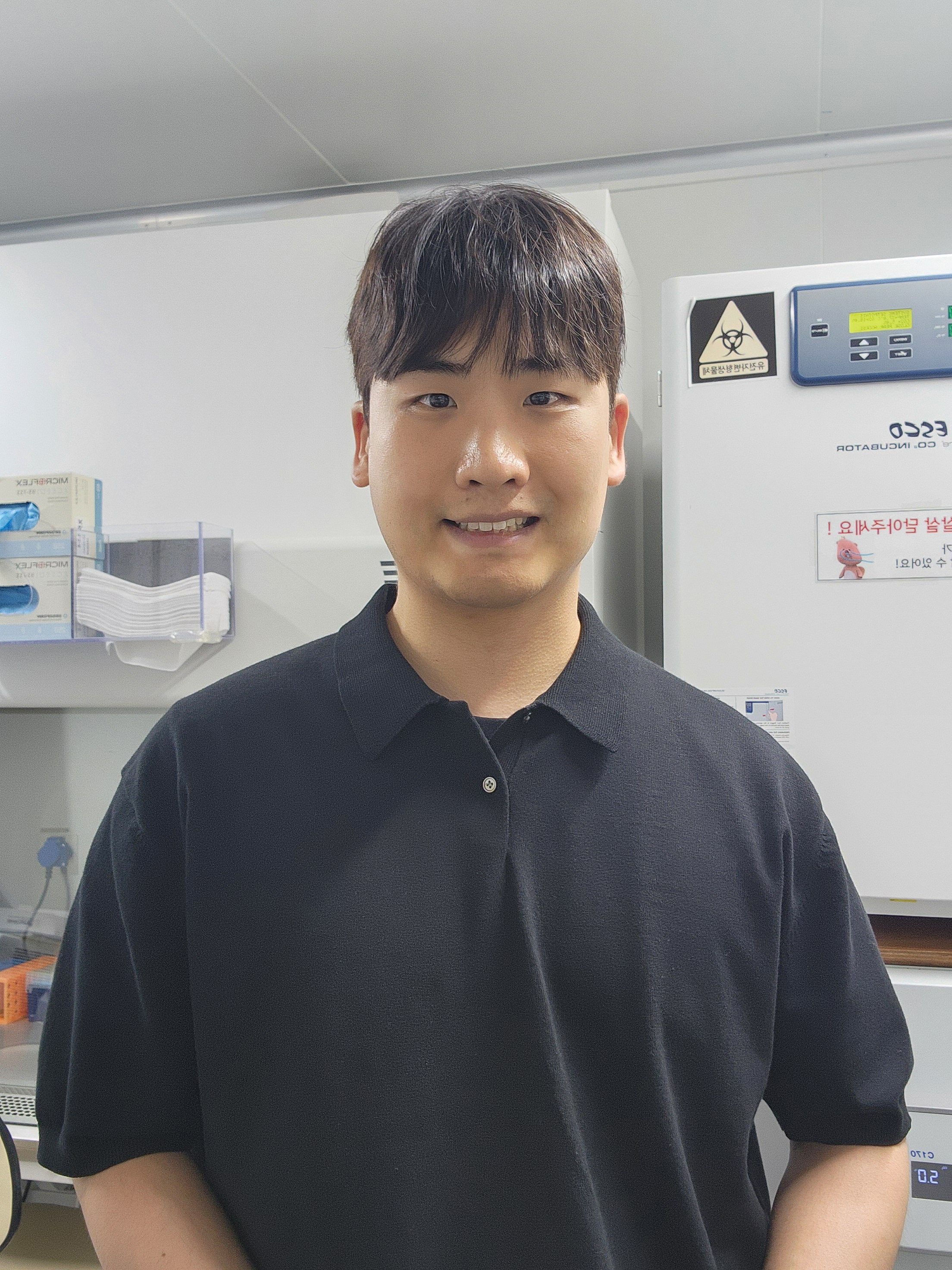
The immune system has the capability to destroy cancer cells harboring mutated genes. Cells display peptides derived from these mutated genes (i.e., portions of the mutant protein) on a molecule called the major histocompatibility complex I (MHC I), triggering cytotoxic T cells to eliminate the cancer cells. Unfortunately, this surveillance system is weak and often subverted by cancer cells. Dr. Lee [Suzanne and Bob Wright Fellow] aims to enhance the immunogenicity of the MHC I-displayed peptides using haptens, small molecules that elicit an immune response when attached to a larger carrier protein. By empowering the immune system, he envisions that these hapten-protein complexes will enable the repurposing of cancer drugs for which resistance has emerged. Dr. Lee received his PhD and BS from the Ulsan National Institute of Science and Technology, Ulsan.
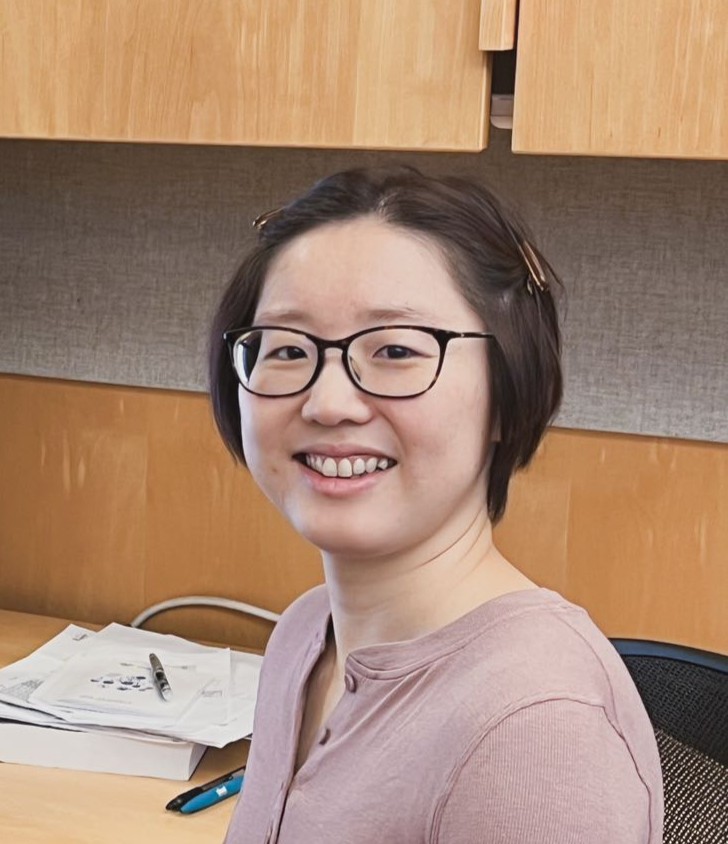
Dr. Liu’s research focuses on discovering new drug candidates to treat pancreatic, colorectal, breast, and prostate cancers. Using advanced computational techniques to screen billions of chemical compounds, she aims to identify and develop highly specific molecules that target critical pathways in cancer cells while sparing healthy tissues. For example, she has uncovered compounds that modulate calcium-sensing receptors, which play a role in certain cancers, with reduced side effects compared to the current standard-of-care. She is now applying these insights to improve treatments that boost immune responses against tumors. Dr. Liu’s work not only strives to create new cancer therapies but also deepen our understanding of the complex interactions within tumors, paving the way for precision medicine tailored to individual patients.
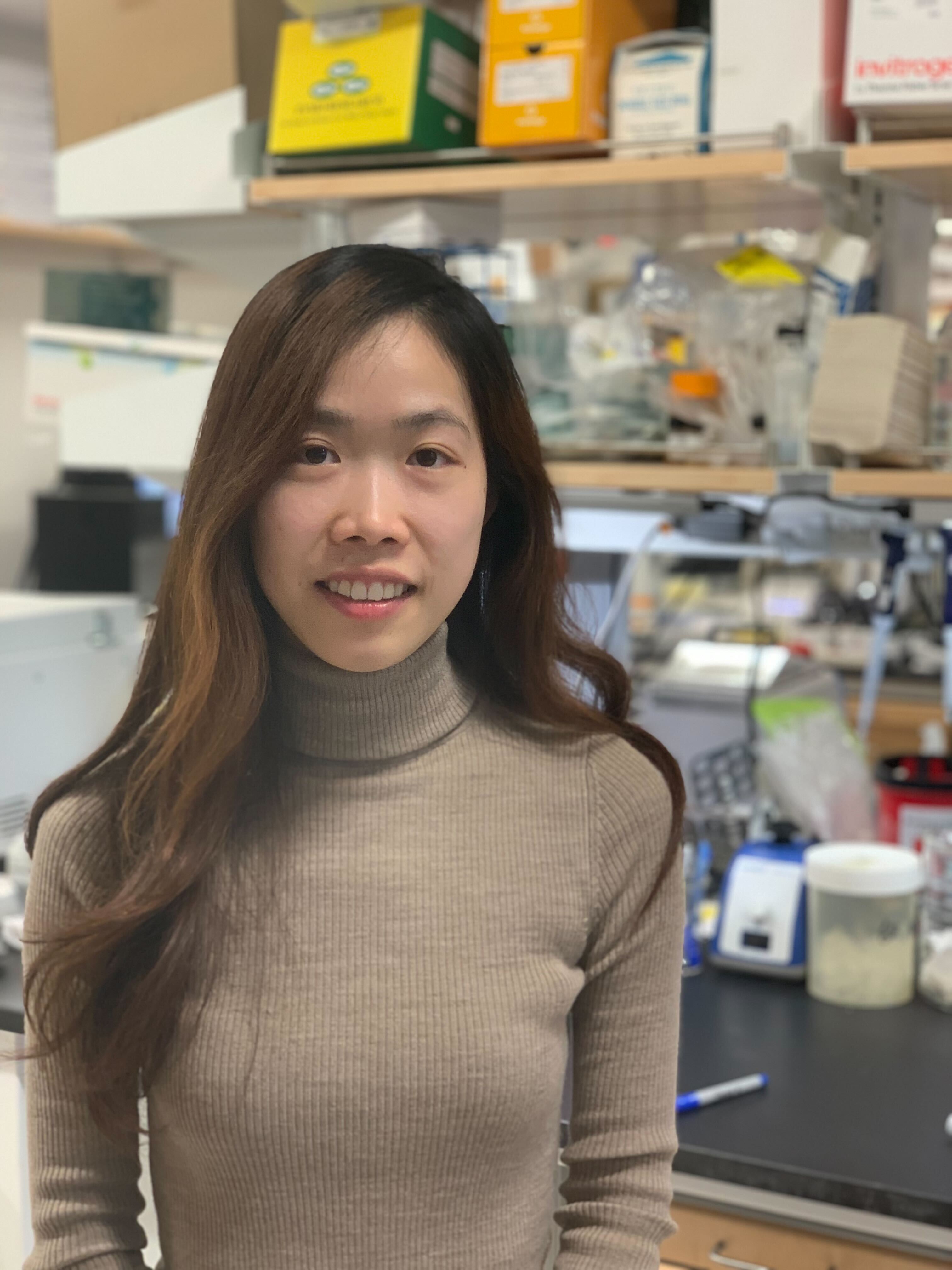
Metastatic cancers exploit cellular machinery to increase their proliferative potential and direct invasive cell migration. Specifically, cancer cells can adjust the translation of RNA into proteins to keep up with the demands of growth and metastasis. An important way that cells fine-tune their translation and quickly modulate cellular responses is through localized translation, or the translation of proteins in other areas of the cell further from the nucleus. To study the scope of localized translation, Dr. Luo has developed a highly sensitive, spatially-specific, and optically-controlled technique, which enables the quantification of translation at any given subcellular location. She will focus on understanding mechanisms of localized translation by identifying which genes are locally translated, how they are regulated, and why this process is important. Understanding the molecular mechanism of local protein synthesis could yield invaluable insights into the basis of cancer metastasis and inform therapeutic strategies.
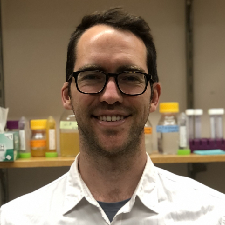
One of the defining features of cancerous cells is that they divide quickly. The composition of the human microbiome is also due to differences in how quickly microbes grow. How do we determine how fast cells are growing in their natural environment? Is there a way to take a ‘snapshot’ and turn it into a ‘growth rate’? This is the fundamental problem Dr. McCain is studying. He is using computational simulations, machine learning, and experiments with bacteria to determine the optimal way to use markers of gene expression to estimate these critical rates. This project will provide fundamental insights into the use of gene expression data to key processes like growth rate or metabolite secretion rate, both of which have implications for cancer biology. Dr. McCain received his MSc and PhD from Dalhousie University and his BSc from the University of Western Ontario.







